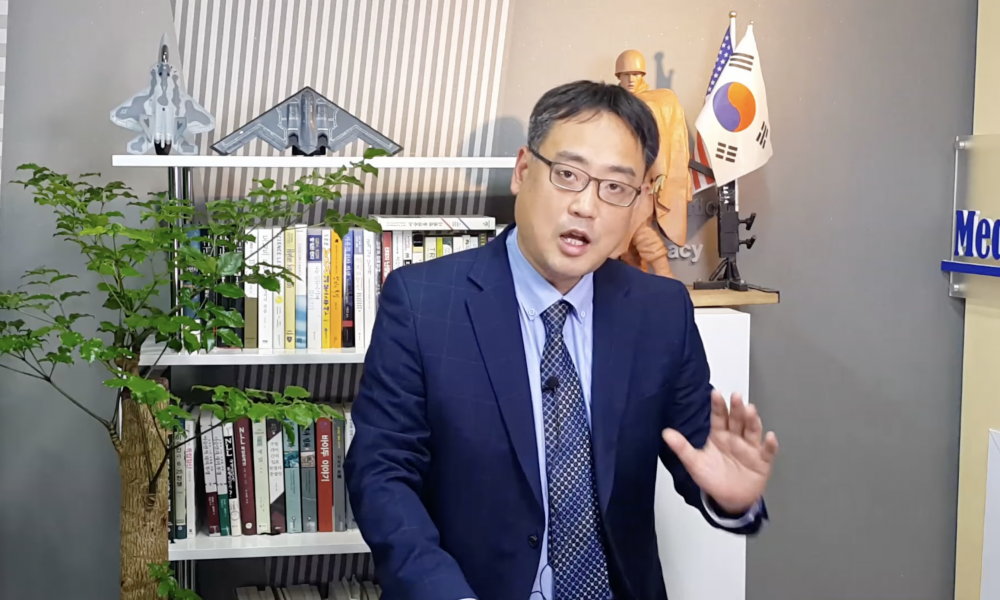
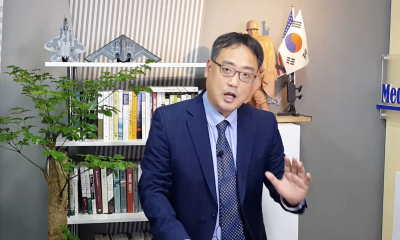

MediaWatch founder Byun Hee-jae says that scholarly rebuttal is the standard practice in academic debate — not weaponizing the media and law to stifle dissent.
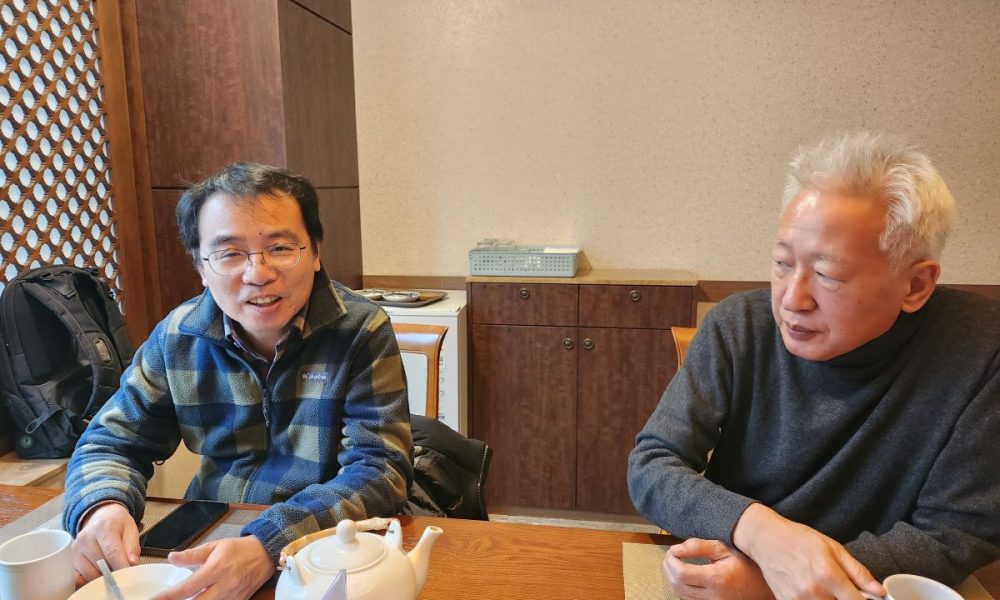
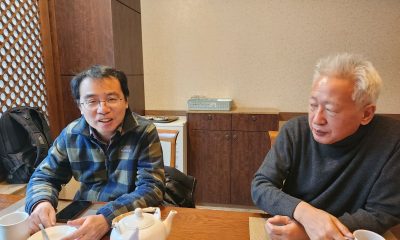

South Korean scholars Lew Seok-Choon and Lee Wooyoun discuss shifting perceptions on the comfort women issue and the court case against Professor Lew.
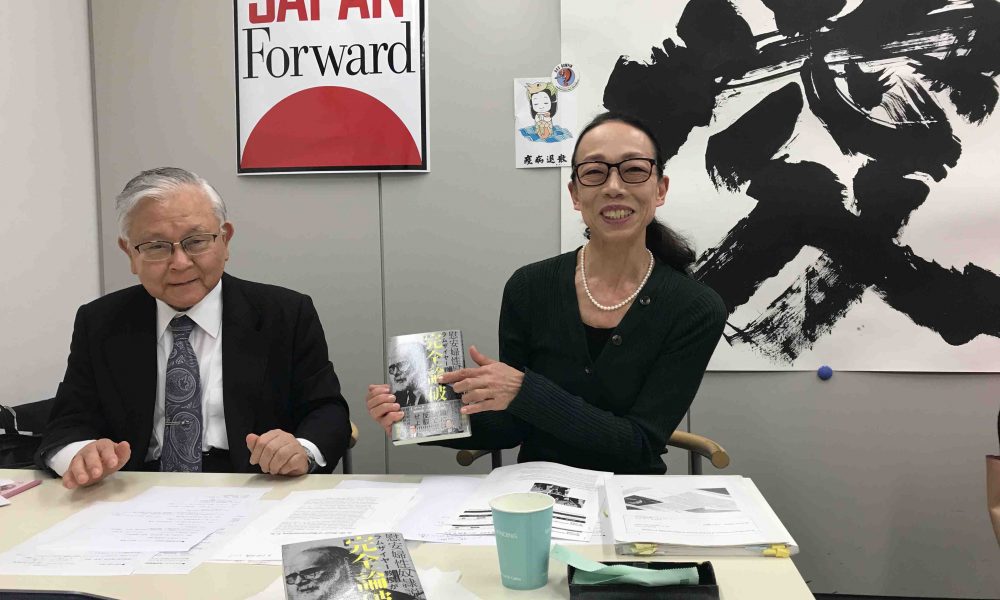
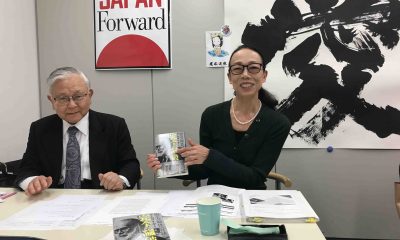

In an interview, Nobukatsu Fujioka and Yumiko Yamamoto discuss J Mark Ramseyer’s new book on comfort women, recently translated into Japanese and Korean.
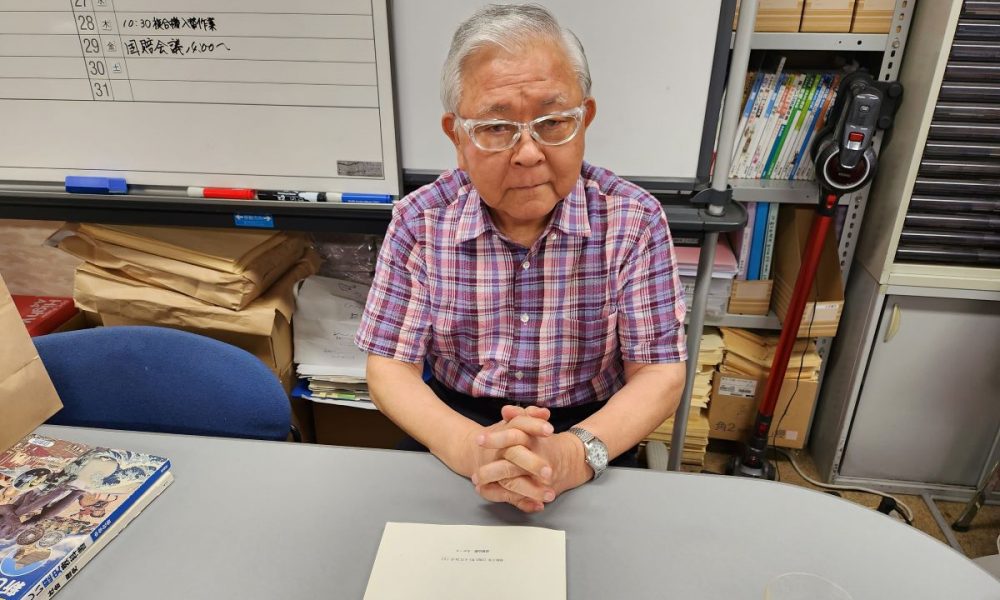
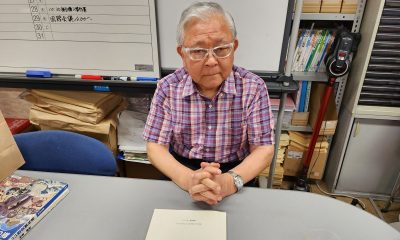

Finding Japanese history books of the 1990s trapped in debunked postwar theories, author and historian Nobukatsu Fujioka vowed to see the changes through.
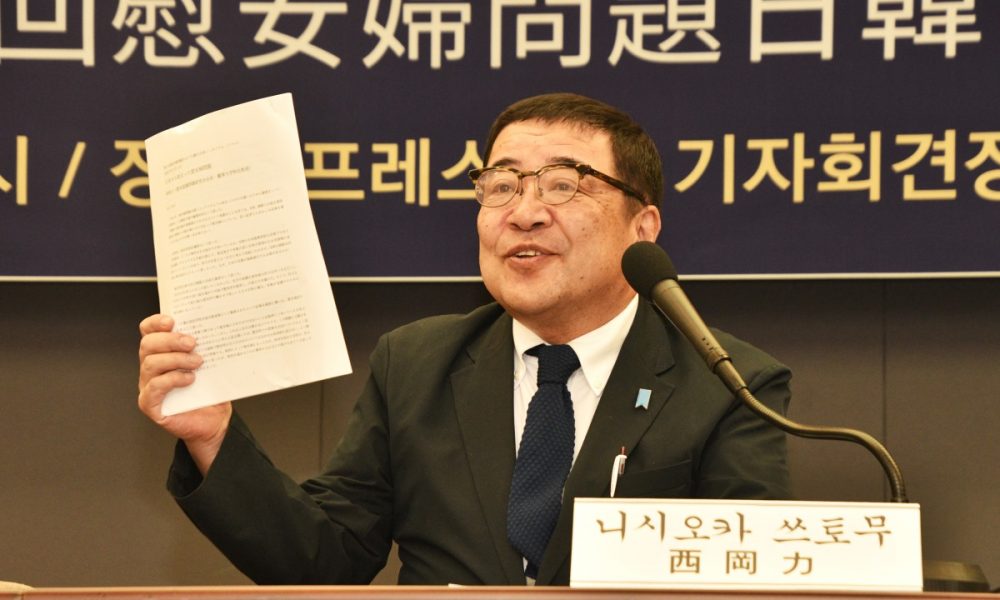
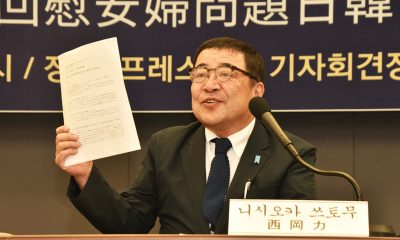

Longtime scholar of Korean Peninsula issues, Professor Tsutomu Nishioka analyzes the challenges and progress in relations between Japan and South Korea.
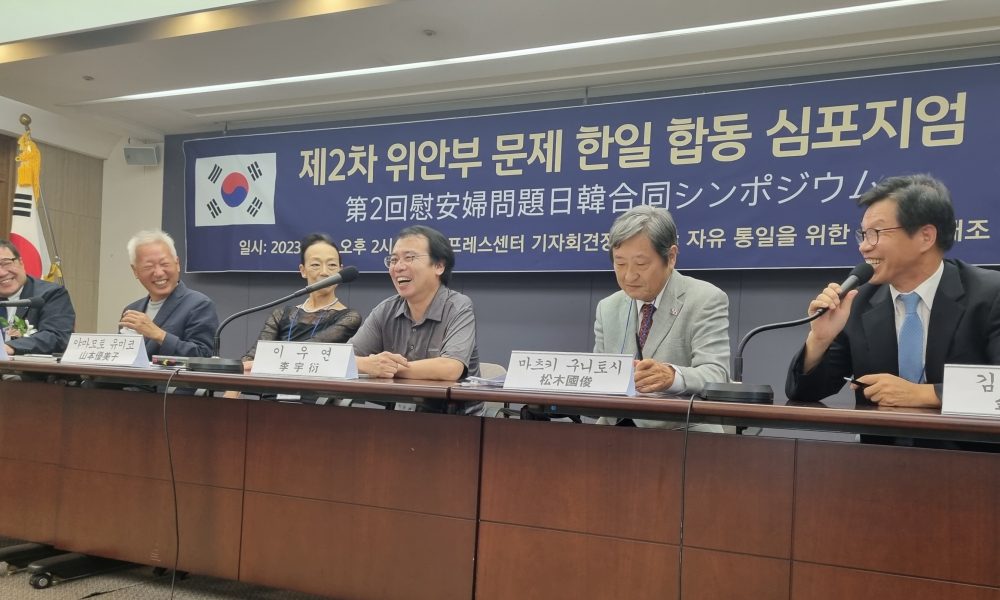
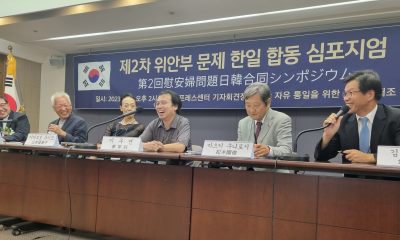

Scholars and activists from Japan and South Korea held a joint symposium to review the evidence and expose falsehoods spread globally about the comfort women.
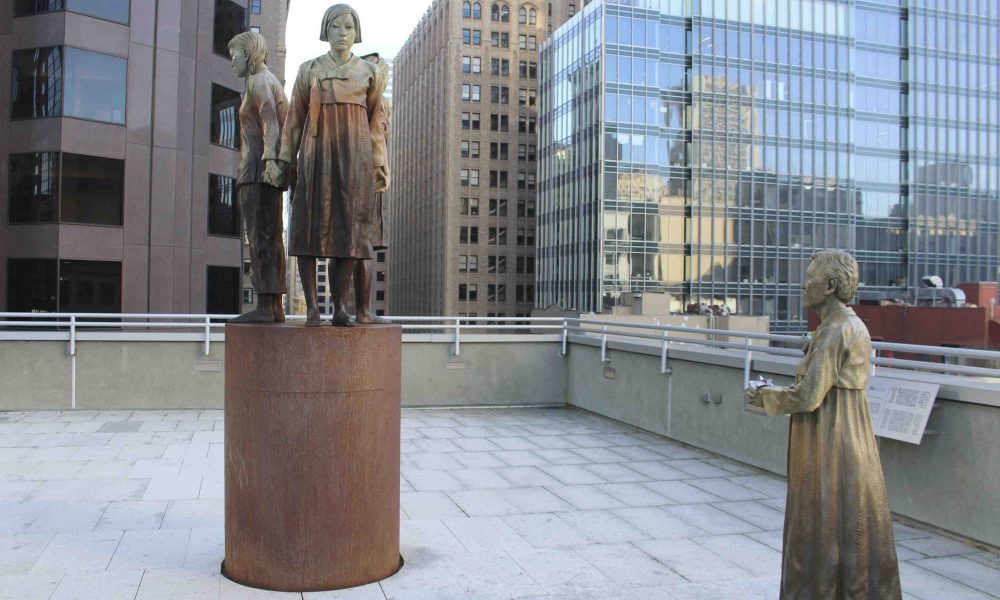
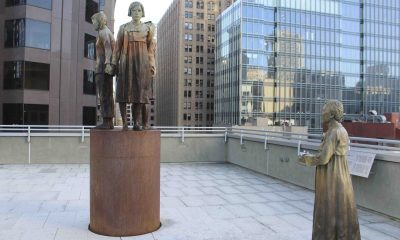

While American elites grandstand about the comfort women, free and open academic inquiry on East Asian history elsewhere is uncovering the uncomfortable truths.
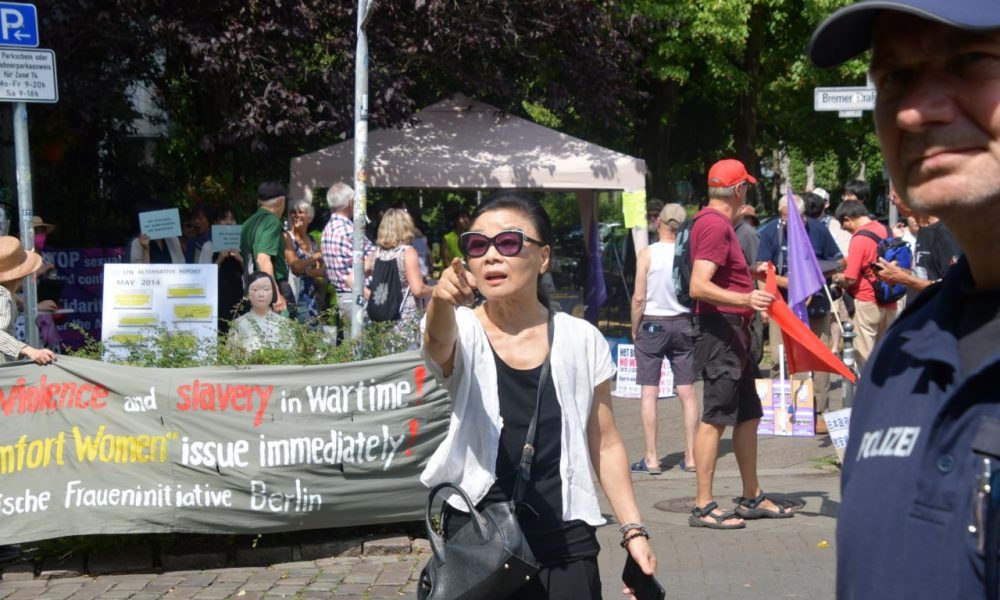
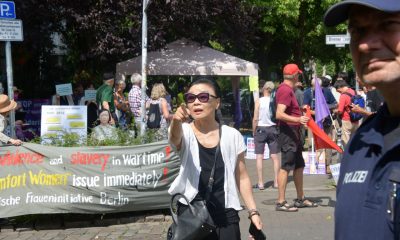

The facts of the comfort women history are sometimes uncomfortable, which makes the issue all the more deserving of free and open academic inquiry.
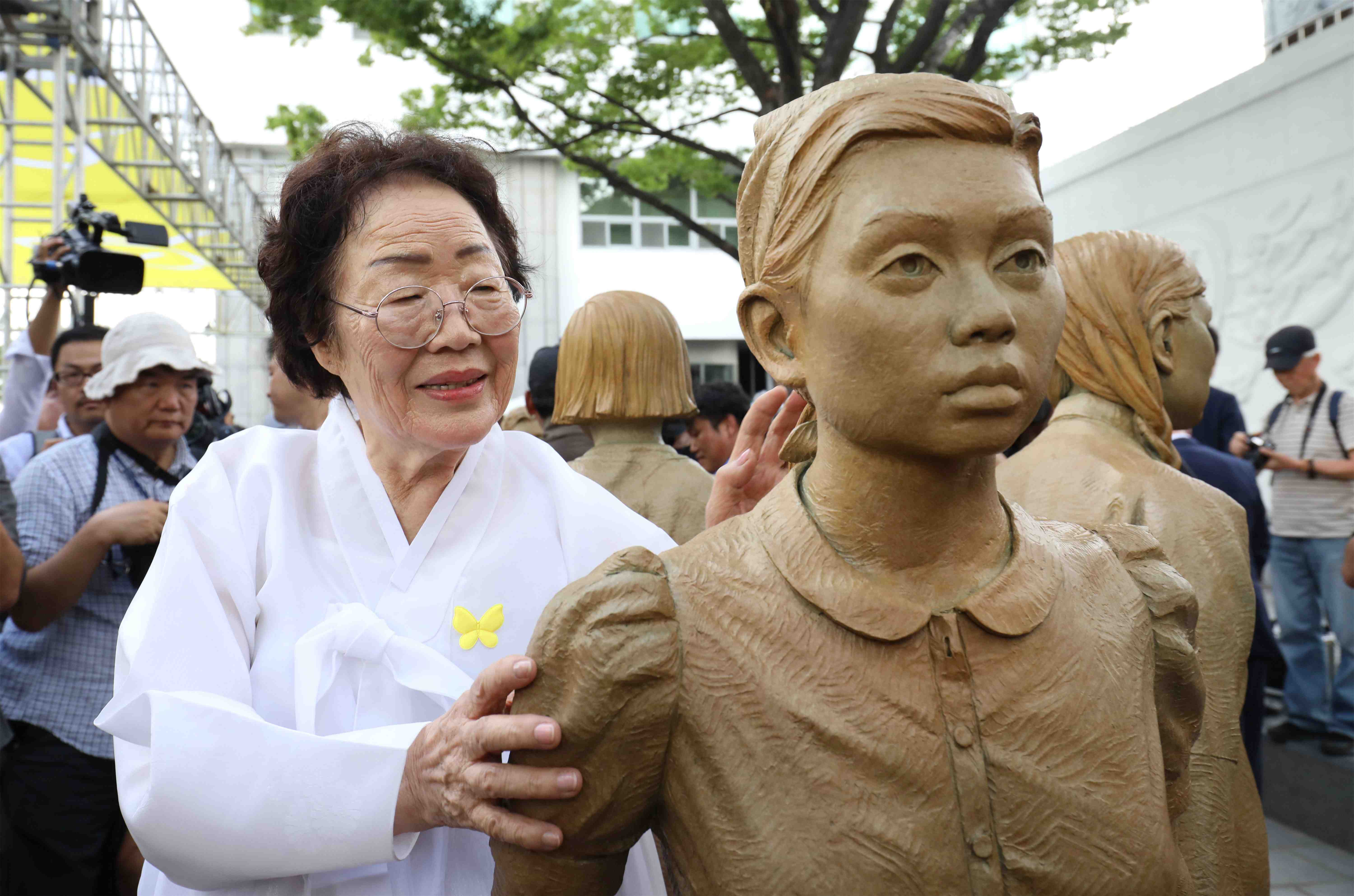


Few historical subjects have encountered such resistance to academic inquiry and free speech as the comfort women issue. As we report, that is finally changing.
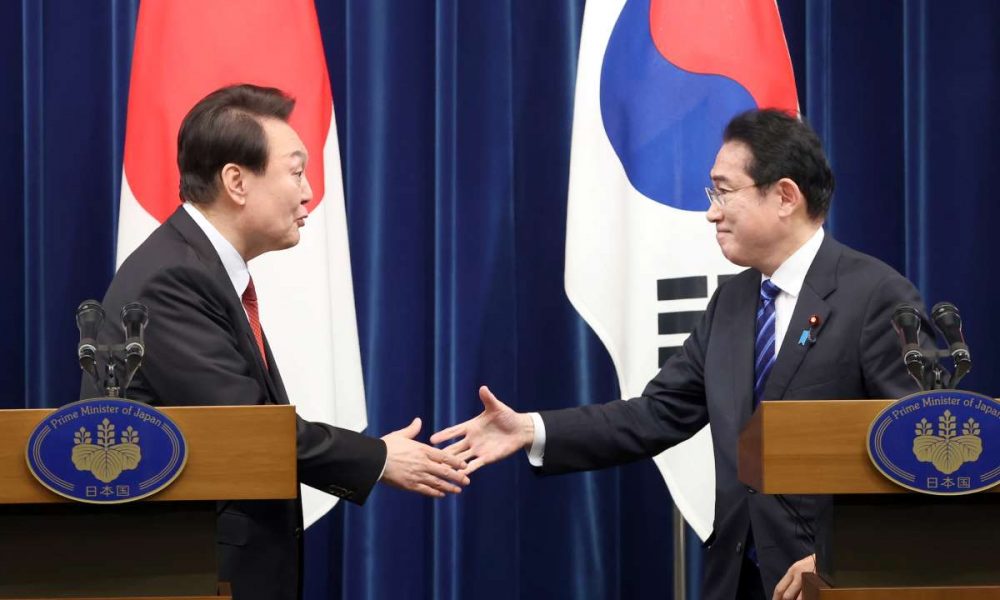
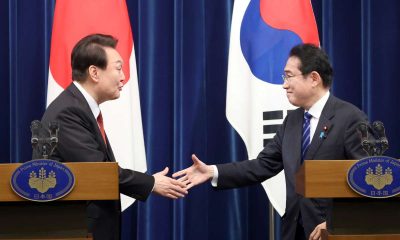

South Korea has had tortured relations with Pyongyang and Tokyo. The author discusses them and offers suggestions on some complex factors behind the problem.
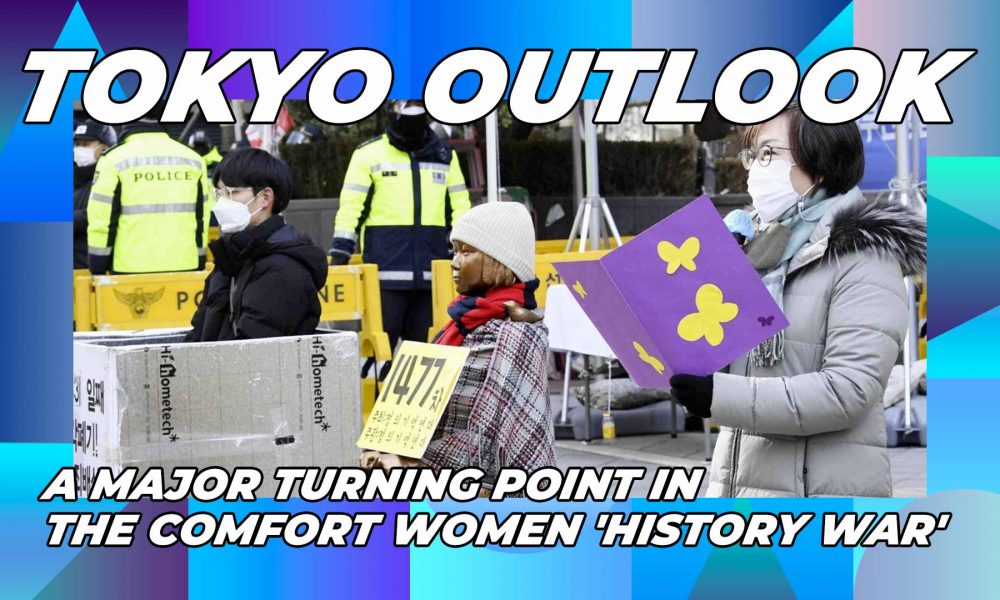
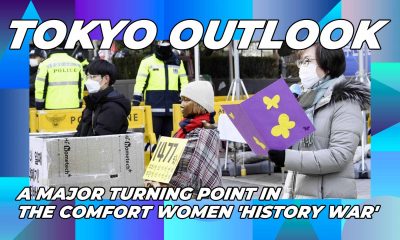

The comfort women myth has already deeply wounded Japan-South Korea relations. Is the latest breakthrough enough to promote a resolution in this history war?
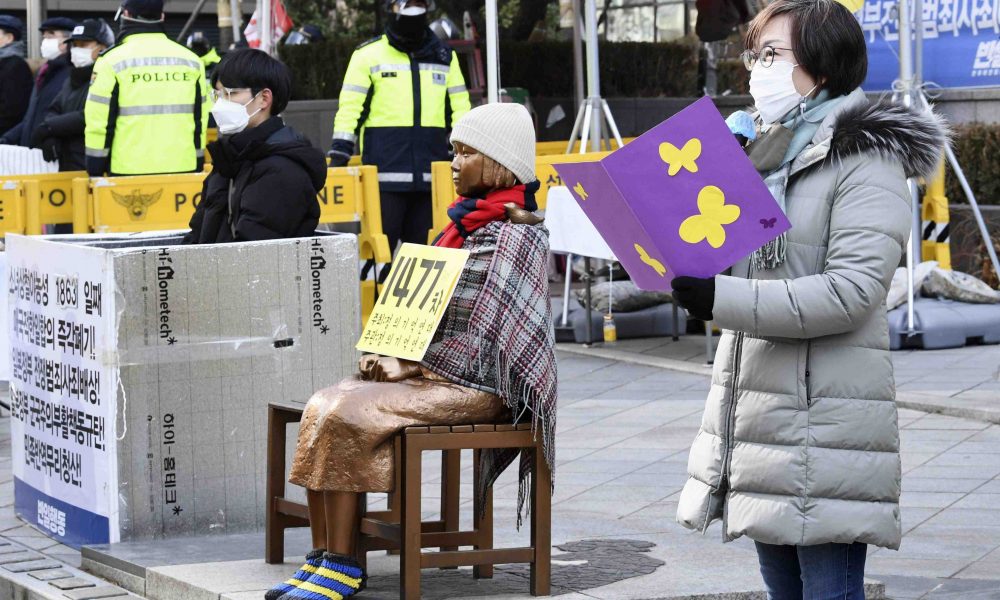
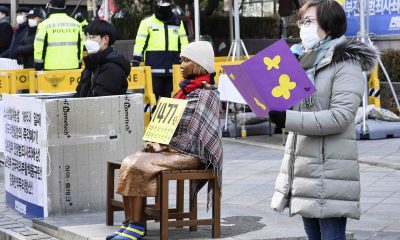

"Now, anyone who spends thirty minutes skimming the internet will discover that there's a real debate" about the comfort women issue ー Dr J Mark Ramseyer.